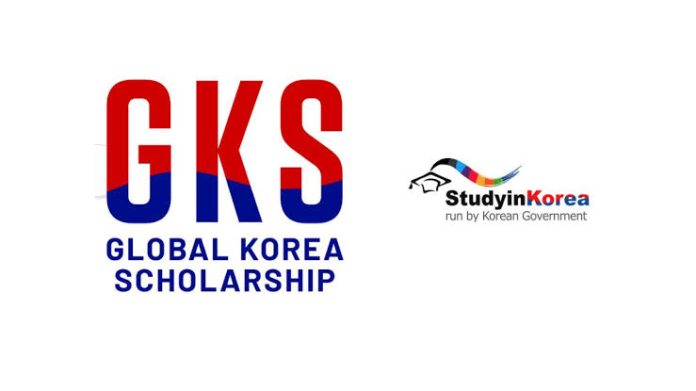The Global Korea Scholarship (GKS) 2025, formerly known as the Korean Government Scholarship Program (KGSP), is offering 1,820 fully funded scholarships for international students. This prestigious initiative, managed by the National Institute for International Education (NIIED), aims to promote academic excellence, cultural exchange, and global partnerships by supporting international students pursuing master’s, PhD, and research programs in South Korea.
Why Study in South Korea?
South Korea has emerged as a global hub for education, technology, and innovation, with world-class universities and cutting-edge research facilities. The country offers diverse academic opportunities, an enriching cultural experience, and access to a dynamic international network. With its unique blend of tradition and modernity, South Korea provides an ideal environment for students seeking both academic and personal growth.
Key Benefits of the Global Korea Scholarship (GKS) 2025
The GKS 2025 program covers:
- Full tuition fees for the entire duration of the program.
- Monthly living allowances for students to cover basic expenses.
- Round-trip airfare for international travel.
- Korean language training to help scholars adapt to the local environment.
- Medical insurance and additional support for research activities.
Eligibility and Application Guidelines
The scholarship is open to students from various countries, but applicants must meet specific eligibility criteria, including nationality, academic background, and grade requirements.
1. Nationality Requirements
- Applicants and their parents must not hold Korean citizenship.
- Dual citizens with Korean nationality are not eligible.
- Students from GKS partner countries can apply through either the embassy track or the university track.
2. Degree Requirements
- Applicants for the master’s program must hold a bachelor’s degree.
- PhD applicants must have a master’s degree at the time of application.
- Those expecting to graduate by July 31, 2025, can apply but must submit proof of graduation before the final deadline.
- Provisional graduation certificates are not accepted.
3. Grade Requirements
- Applicants must have a minimum CGPA of 2.64/4.0, 2.80/4.3, 2.91/4.5, 3.23/5.0, or 80% on a 100-point scale.
- If an applicant’s CGPA is below 80%, they must be within the top 20% of their class and submit official proof from their university.
Document Authentication: Apostille vs. Consular Confirmation
To ensure the validity of submitted documents, applicants must obtain either:
- Apostille certification (for countries that are part of the Hague Apostille Convention).
- Consular confirmation from the Korean Embassy (for countries not part of the Apostille Convention).
Photocopies of previously apostilled documents are not accepted. All documents must be officially authenticated before submission.
Application Process and Deadlines
1. Submission Tracks
The GKS application is processed through two tracks:
- Embassy Track: Applicants submit their documents to the Korean embassy in their home country.
- University Track: Applicants apply directly to a participating Korean university.
2. Deadlines and Selection Rounds
- Each embassy and university sets its own application deadline, typically between February and March 2025.
- The first selection round is conducted by embassies and universities, while the final selection is made by NIIED.
3. Special Application Cases
- Chinese applicants must apply through the China Scholarship Council (CSC) instead of the Korean Embassy.
- Czech applicants must submit applications via the Ministry of Education in the Czech Republic.
- U.S. citizens can apply through the Korean Consulate in Los Angeles or the Korean Embassy in Washington, D.C.
Additional Considerations for Applicants
- Living in Korea During Application:
- Students currently in Korea can apply but may not receive airfare support for reentry.
- Applicants must obtain a new student visa if selected.
- Korean Language Program Requirement:
- Selected students must complete a one-year Korean language program unless they have TOPIK Level 5 or higher.
- Document Translation & Submission:
- Non-English or non-Korean documents must be translated and certified.
- Universities may have additional requirements beyond NIIED’s general criteria.
Conclusion
The Global Korea Scholarship (GKS) 2025 offers an unparalleled opportunity for international students to pursue higher education in South Korea. With comprehensive financial support, top-tier universities, and an immersive cultural experience, the program continues to strengthen South Korea’s position as a leading global education destination.
Interested applicants are encouraged to review the official guidelines carefully and apply through the appropriate track before their respective deadlines. For further details, students should visit the websites of NIIED, Korean embassies, or their desired universities.


